Gatton Foundation Endowed Chairs announced, advancing Kentucky through promising research
Gatton Foundation Endowed Chairs announced, advancing Kentucky through promising research
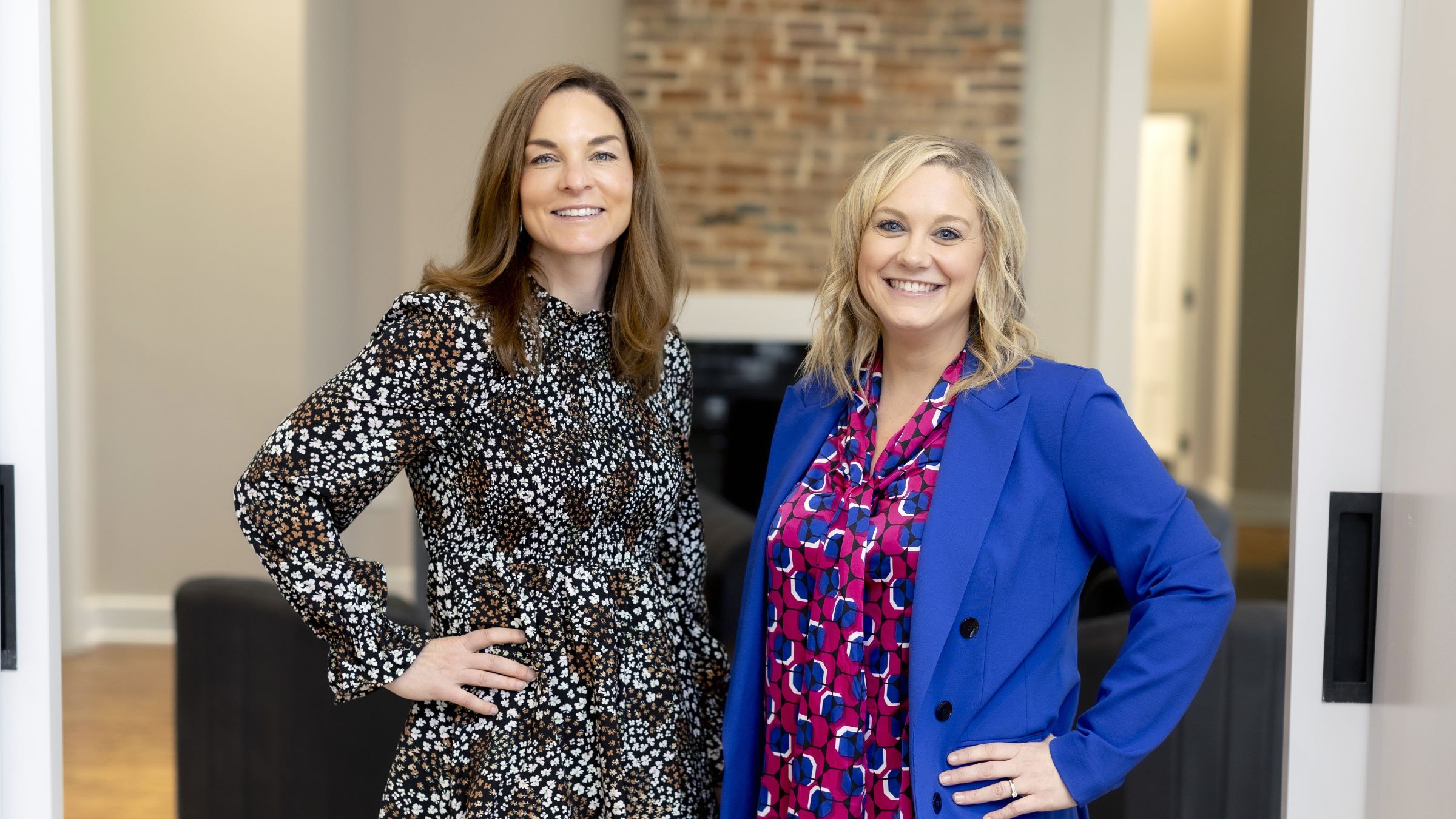

The University of Kentucky Martin-Gatton College of Agriculture, Food and Environment recognizes faculty members Alison Gustafson and Tiffany Messer as Gatton Foundation Endowed Chairs, the first funded through the Gatton Foundation’s historic $100 million gift.
Gustafson is a professor in the Martin-Gatton CAFE Department of Dietetics and Human Nutrition and UK College of Nursing. Messer is an associate professor of biosystems and agricultural engineering at UK.
Through the generosity of the Bill Gatton Foundation, this award is given to distinguished faculty—providing resources to continue meaningful research, extension and instructional programs related to advancing the college’s land-grant mission.
“We are very thankful for the generosity of the Bill Gatton Foundation, helping our most talented researchers be successful,” said Nancy Cox, vice president of Land-Grant Engagement and dean, Martin-Gatton CAFE. "The Gatton Endowed chairships make this continuing impactful research possible, so it can advance Kentucky and change people's lives."
Alison Gustafson’s Chairship
Gustafson’s chairship will provide monetary support for developing and expanding food-as-medicine programs across the state. This work will strengthen connections between healthcare providers, insurance, community organizations, agriculture, and nutrition while building the infrastructure for enrollment, screening, evaluation and dissemination of key findings for the Food as Health Alliance.
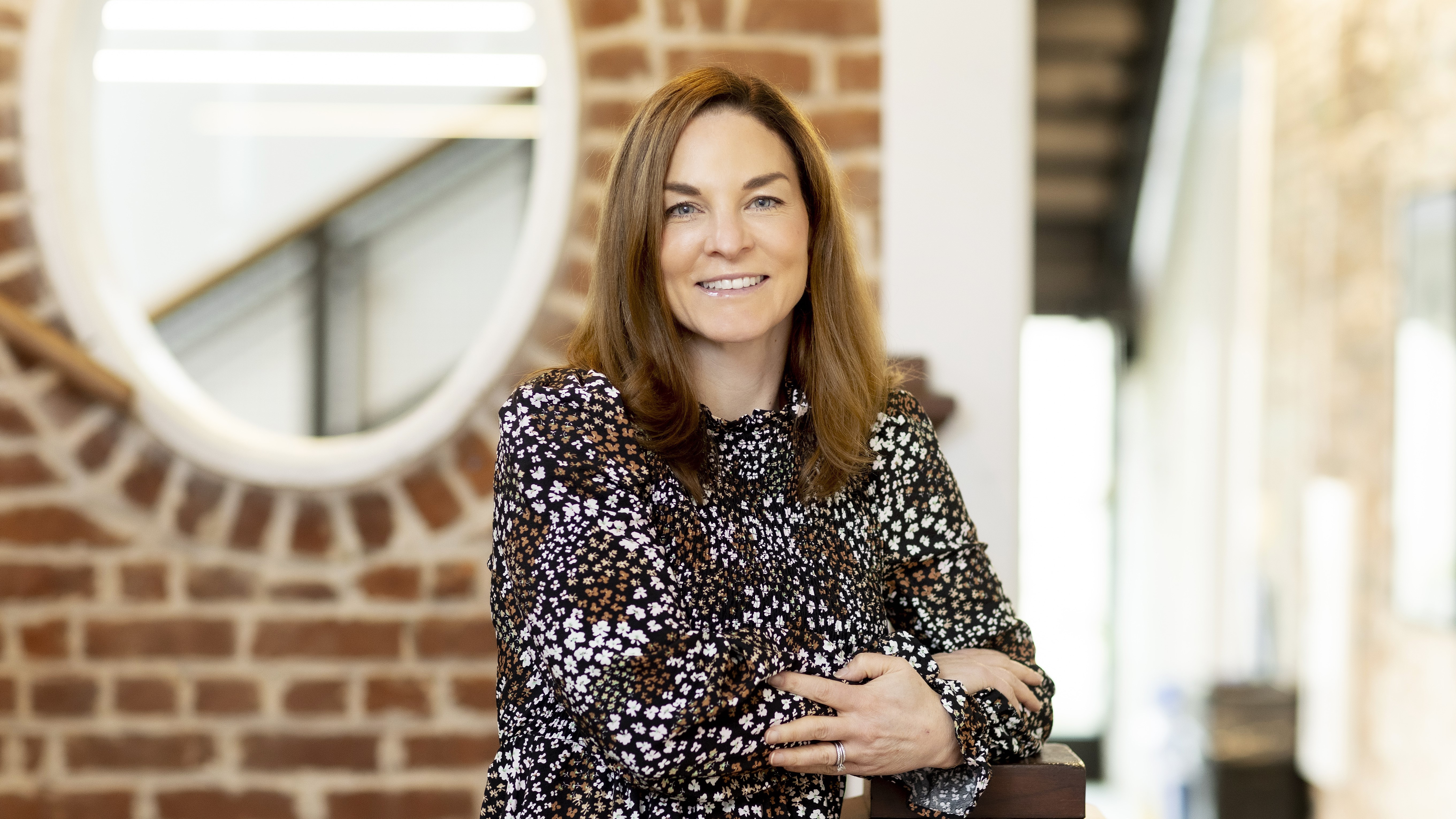
Gustafson's Food as Health Alliance received internal support from the Office of the Vice President for Research’s Emerging Themes Program, part of the Research Leadership Academy.
The funds will facilitate the program’s expansion, building more capacity for health care providers to assist patients with diet-sensitive health outcomes who are also at risk of food insecurity in connecting with key services. The Alliance is also helping facilitate community partner development and expansion, offering approved food-as-medicine programs to those who qualify.
Lastly, Gustafson is building the infrastructure for a referral and network hub, allowing all patients a connection to key services regardless of their location.
“Our team will be conducting expansion efforts for screening and referral, capacity building among community groups, outreach, UK Cooperative Extension training and research projects to better serve Kentuckians experiencing food insecurity,” Gustafson said.
Tiffany Messer’s Chairship
Messer’s chairship will support three tracks: student training and success, water- quality needs assessments, and low-cost water-quality treatment options.
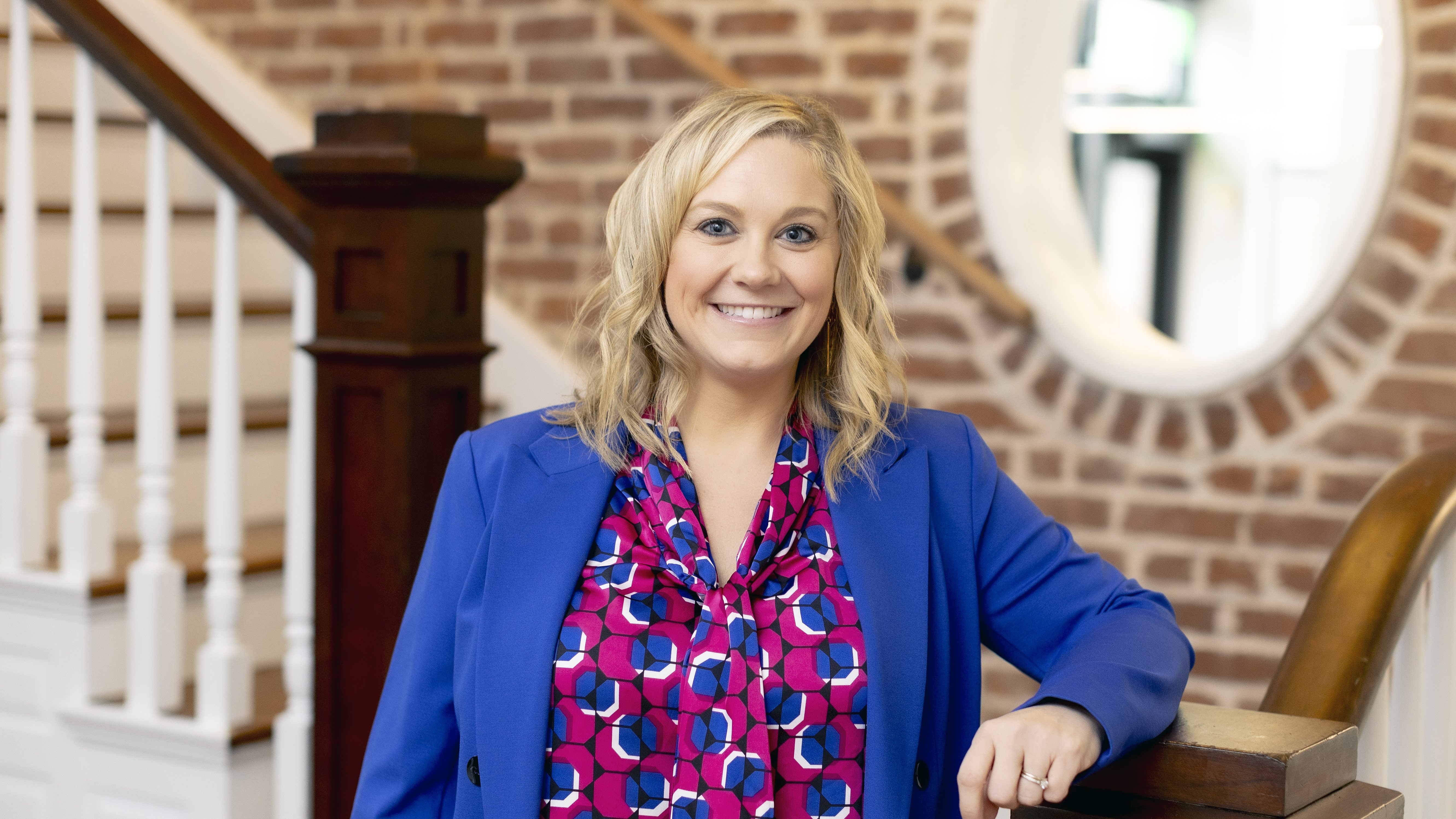
The first track will expand an outreach initiative called mesoWheels, which brings together four high school environmental science, biology, and agriculture classes in Kentucky to participate in a hands-on classroom experience. Initially funded by a National Science Foundation (NSF) CAREER award, the program enables Kentucky high school juniors and seniors from Perry, Fayette, Franklin, and Hopkins counties to evaluate wetland treatment systems’ implications to improve local water quality.
Project findings have already resulted in the recommendation for an NSF Research Experience for Undergraduates program, and Messer plans to develop a larger-scale proposal for submission to NSF or the U.S. Department of Agriculture for research experiences at the graduate level.
The next track will involve completing a water-quality data assessment to determine regions of Kentucky, particularly in Appalachia, that have “gaps” (or absences of data collection) and identify contaminants. Furthermore, health data from the cancer registry will be used to assess potential similarities.
The proposed work will strengthen partnerships with the UK CARES Analytical Core, Kentucky Water Research Institute, University of Kentucky Medical Center and UK Cooperative Extension. In addition, the findings could have lasting impacts on water-quality monitoring in tangent with health data collection.
The third track explores methods for treating contaminants in surface water environments by conducting greenhouse experiments. Experiments will explore the potential ecological treatment options for observed contaminants identified by the water-quality assessments.
The proposed work has the potential to impact over 230 wastewater treatment operations in Kentucky’s rural communities, providing cost-effective treatment recommendations conducive with tax disparities for water infrastructure and maintenance.
“These funds will advance the knowledge of sustainable water management and water-quality treatment by expanding our efforts to identify, trace and treat complex water-quality mixtures in Kentucky,” Messer said. “This increased capacity for stream monitoring, tap water sampling, and development of cost-effective treatment designs will move us closer to a commonwealth where all people have accessible, clean water.”
About Alison Gustafson
As director of the Food as Health Alliance, Gustafson works to bring together clinical and community research to address the dual challenges of food insecurity and diet-related chronic diseases that many Kentuckians face. The Alliance was launched at UK in 2023 to boost health and well-being in the state through the combined application of agricultural, medical, and nutritional resources.
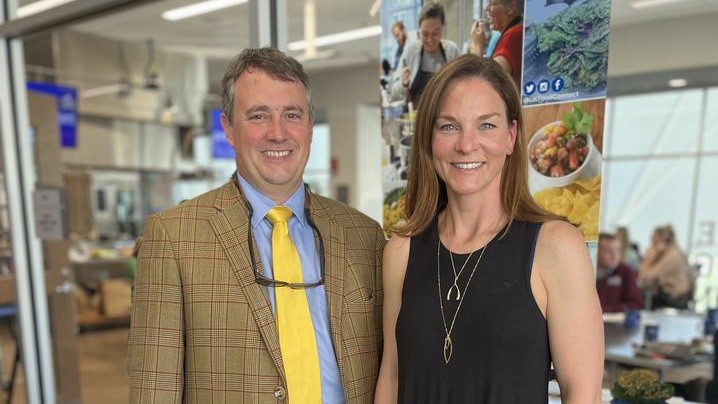
Gustafson’s research focuses on how the food environment’s various components are a pathway to poor dietary outcomes among rural and geographically isolated communities, receiving funding from National Institute of Health, Centers for Disease Control and Prevention, United States Department of Agriculture and other non-profits.
Gustafson earned a doctoral degree in nutrition epidemiology from the University of North Carolina at Chapel Hill. She received a master's degree in public health from Boston University and a bachelor’s degree in dietetics. As a master's student, she spent a year in Zimbabwe working with AIDS orphans.
Prior to joining UK, Gustafson worked in local and state health departments, focusing on community health for disadvantaged populations. She is active in professional associations, including the American Dietetic Association, The Obesity Society and the American Public Health Association.
About Tiffany Messer
Messer’s research intersects the fields of engineering, ecology and agriculture, emphasizing environmental biogeochemistry and the management of water resources in human-impacted ecosystems.
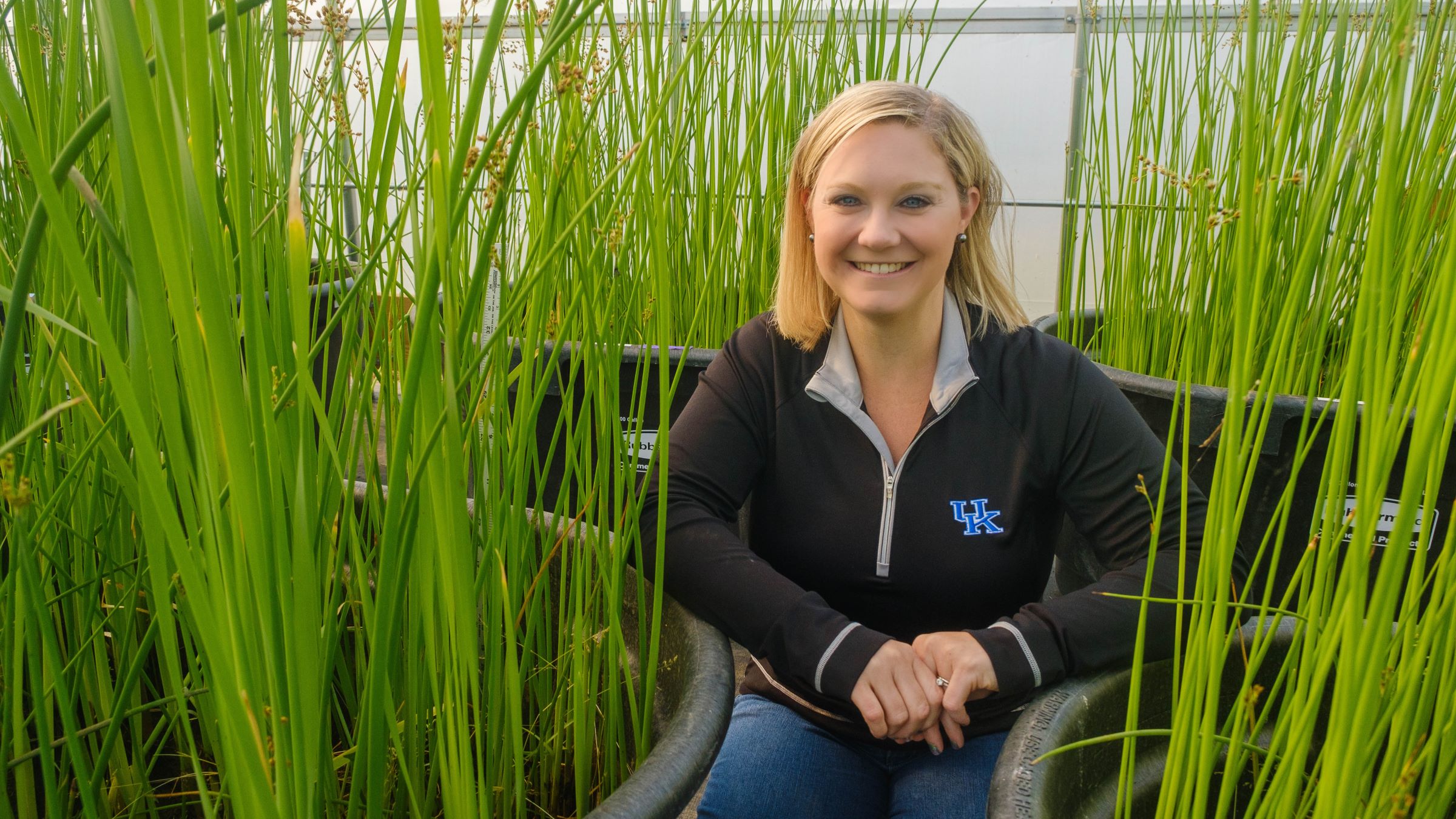
Messer recently studied floating treatment wetlands (FTWs), engineered platforms covered in wetland vegetation that float on water bodies and naturally purify water, filtering pollutants and promoting beneficial ecological processes. She found they could help protect endangered bee populations, aquatic ecosystems and human health—safeguarding a crucial component of the Earth's ecosystem.
Messer is a recipient of the Gale A. Holloway Professional Development Award presented by The American Society of Agricultural and Biological Engineers, recognizing outstanding leadership and active involvement in its nonprofit organization.
Messer earned a doctorate and master’s degree in biological and agricultural engineering from North Carolina State University. She also received a bachelor’s degree in biosystems and agricultural engineering from UK.
Martin-Gatton CAFE offers more than 500 unique awards funding student scholarships, research, facilities, innovative projects and more.
Those interested in supporting the Martin-Gatton CAFE in its mission to improve lives and build a sustainable future can learn more at https://uky.networkforgood.com/causes/4724-college-of-agriculture-food-and-environment, or by contacting the philanthropy office at CAFEphilanthropy@uky.edu or 859-257-7200.
Research reported in this publication was supported by the National Science Foundation under Award Number 2042761. The opinions, findings, and conclusions or recommendations expressed are those of the author(s) and do not necessarily reflect the views of the National Science Foundation.
# # #
The Martin-Gatton College of Agriculture, Food and Environment is an Equal Opportunity Organization with respect to education and employment and authorization to provide research, education information and other services only to individuals and institutions that function without regard to economic or social status and will not discriminate on the basis of race, color, ethnic origin, national origin, creed, religion, political belief, sex, sexual orientation, gender identity, gender expression, pregnancy, marital status, genetic information, age, veteran status, physical or mental disability or reprisal or retaliation for prior civil rights activity.
Awards


